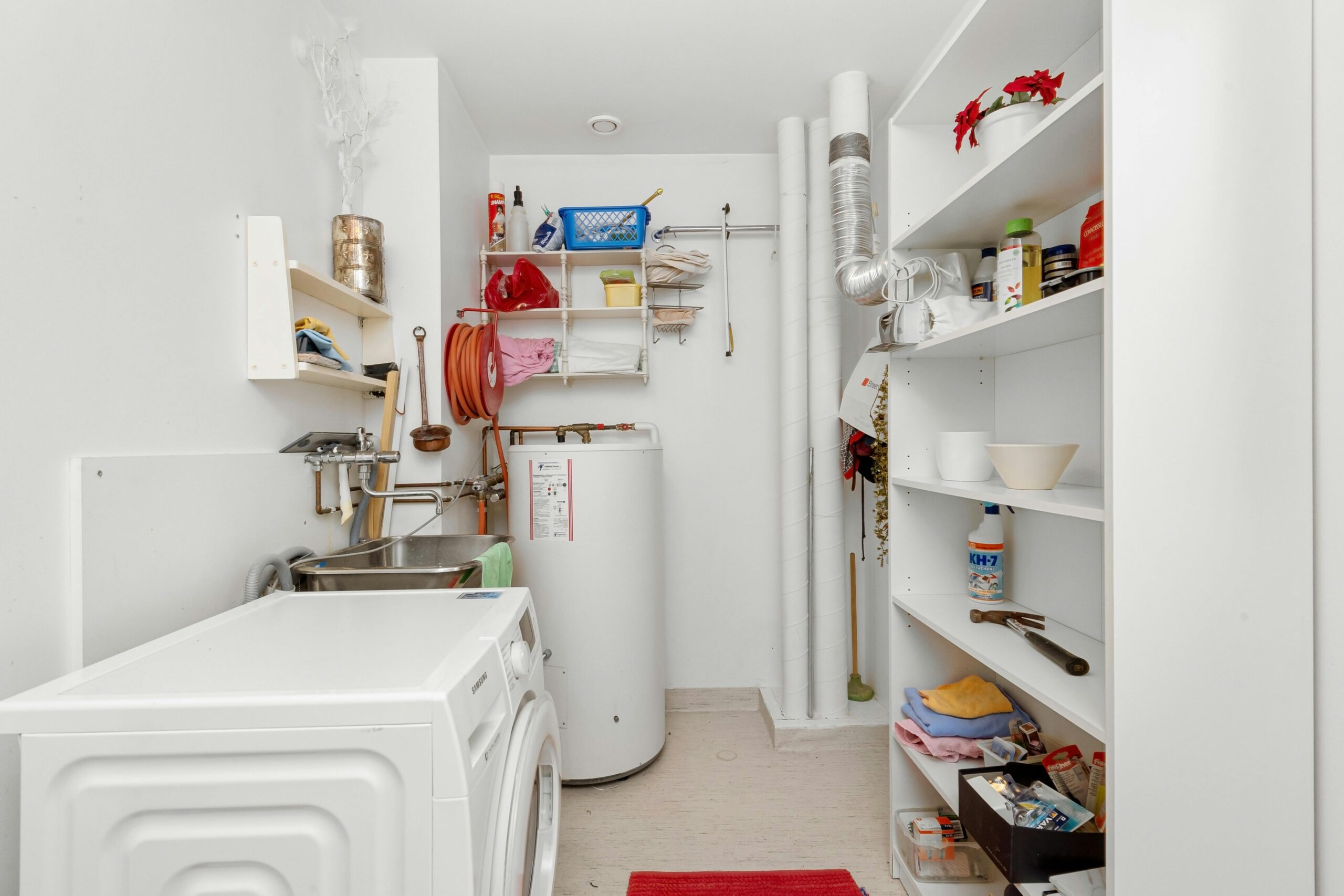A Crucial System Hiding in Plain Sight
Most homeowners don’t think much about their water heater—until it stops working. It quietly powers showers, dishwashers, and laundry without drawing attention, making it easy to overlook. But like any appliance, it has a lifespan, and knowing when it’s time to replace it can save you from cold surprises and rising energy bills. A proactive approach helps keep your home running smoothly.
Watch for the Warning Signs
One of the clearest signs you need a new water heater is inconsistent or lukewarm water. Other red flags include discolored water, rumbling noises from the tank, or visible corrosion on the unit. If your water heater is over 10 years old, it’s likely nearing the end of its life—even if it’s still running. Paying attention to these clues can help you avoid a complete breakdown at the worst possible time.
Rising Energy Bills Could Be a Clue
Older water heaters often work harder than they should, wasting energy to maintain hot water. If you’ve noticed an unexplained spike in your utility bill, your system might be the culprit. This is especially true for units that haven’t been flushed or maintained regularly. Upgrading to energy-efficient water heaters can help reduce long-term costs while delivering more consistent performance.
Know the Average Lifespan
The average water heater lasts between 8 and 12 years. Tankless models may last longer with proper care, but traditional tank units usually begin showing signs of wear around the decade mark. If yours is reaching that window, it’s smart to start researching water heater replacement options before you’re forced to make a rushed decision. Planning ahead allows you to choose a model that fits your needs and budget.
Evaluate Your Household’s Needs
Your water usage habits play a big role in selecting the right replacement. A growing family might require a larger tank, while a couple in a smaller home may benefit from a tankless system. Energy ratings, recovery speed, and fuel type are all important factors to weigh. A little planning now can prevent daily frustrations down the road—and help you get more out of your investment.
When Repairs Are No Longer Worth It
Minor fixes can extend your water heater’s life, but if you’re calling a plumber every few months, it’s likely time to replace. Frequent leaks, pressure valve issues, or pilot light problems can be signs that the system is failing. In these cases, a new unit can actually be more cost-effective than constant patchwork repairs. Plus, newer models offer better safety and energy performance.
The Benefits of Upgrading
Modern energy-efficient water heaters heat faster, last longer, and save on monthly bills. Some models even come with smart technology that tracks usage and alerts you to problems early. If you’re upgrading your home or making other efficiency improvements, this is one appliance that shouldn’t be left behind. A new water heater can also improve resale value by reassuring future buyers.
Don’t Wait for an Emergency
No one wants to discover a leaking water heater at midnight or wake up to a freezing shower. Being proactive allows you to schedule installation on your terms, rather than scrambling for emergency service. A planned water heater replacement also gives you time to explore rebates or energy-saving incentives in your area. That way, you can make a smart choice without the stress of a sudden failure.
How Long Installation Really Takes
Many people assume a full replacement will take days, but that’s rarely the case. Most water heater installations can be completed in just a few hours by a trained professional. Choosing the right model ahead of time—and having a licensed expert handle the job—ensures the process goes smoothly and safely. That’s where AskHomey.com can help connect you to trusted, local contractors who do the job right.
When Professional Advice Matters Most
Water heaters involve plumbing, electrical or gas connections, and potentially permits—so it’s not something to DIY lightly. A professional can help you navigate model selection, installation requirements, and long-term maintenance plans. To avoid future headaches and costly missteps, it’s a smart move to start your project with help from AskHomey.com. You’ll have peace of mind knowing you’re working with someone experienced.
Replacing Your Water Heater Is a Smart Home Upgrade
Your water heater is one of those appliances you rely on every single day—without even thinking about it. Upgrading it when the time is right ensures a more efficient, comfortable home. Whether you’re facing issues now or planning ahead, understanding your options is the first step. For more inspiration, follow AskHomey on Instagram and Facebook.



